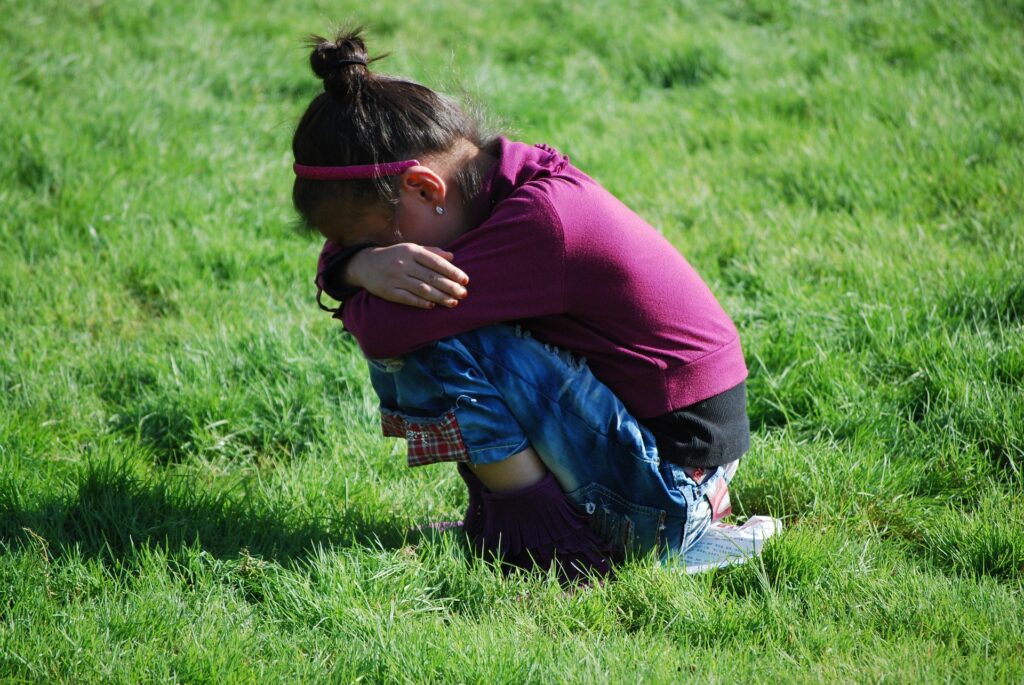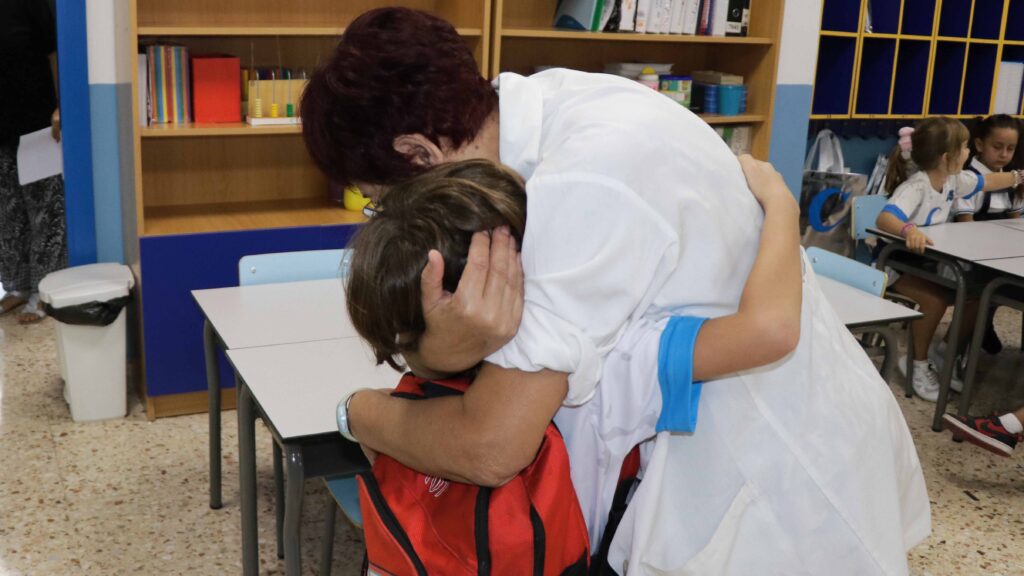Tantrums are part of child development, but they can often be difficult for parents to handle. Did you know that some common mistakes can intensify these episodes instead of reducing them? In this article, we explore the causes of tantrums, the most common mistakes adults make when dealing with them and effective strategies to help children manage their emotions in a healthy way.
WHY DOES MY CHILD HAVE SO MANY TANTRUMS AND I DON'T KNOW HOW TO CONTROL THEM?
Tantrums, sulkiness and temper tantrums are a natural part of child development, but they can be a major challenge for families. According to the American Psychological Association, tantrums occur because young children have not yet developed advanced emotional self-regulation skills. Parents often try unsuccessfully to calm them down, repeating strategies that inadvertently only make the situation worse. Phrases such as “Stop crying now!” or “If you keep this up, I’ll punish you” can intensify the problem rather than solve it.
Especially at key stages such as tantrums at 18 months or tantrums over the arrival of a sibling, children are learning to manage their emotions, and their brains do not yet have the necessary tools to calm down on their own. If we do not manage these situations well, we can generate more frustration and anxiety in them.

COULD TANTRUMS BE INCREASING WITHOUT US REALISING IT?

Many parents believe that tantrums are just “bad behaviour”, but they are actually a form of communication. A study published in The Journal of Child Psychology and Psychiatry suggests that young children experience tantrums as a way of expressing frustration at the lack of control over their environment. Ignoring them or reacting angrily can make children feel that their emotions are not valid, leading to more frustration and more intense tantrums.
Here are some common mistakes that make them worse:
- Always give in to a tantrum: The child learns that with a tantrum he can get what he wants.
- Punishing or ridiculing: phrases such as “shame on you” only increase their insecurity.
- Ignore without validating emotions: The child needs to feel understood before being able to calm down.
If we do not manage these situations well, tantrums can become patterns that are difficult to correct as they grow up. So how can we manage them effectively without making these mistakes?
EFFECTIVE STRATEGIES FOR CALMING TANTRUMS
Here are some practical strategies for dealing with tantrums effectively and without making the situation worse:

1. Remain calm and validate their emotions.
Instead of saying “don’t cry anymore!”, try: “I see you are very angry because you wanted to keep playing. It’s hard when we have to stop, isn’t it? This helps the child feel understood and reduces the intensity of the tantrum. According to the Dra. Laura MarkhamAs a child psychologist, emotional validation is key to helping children calm down faster.
2. Anticipate triggers
If your child often has tantrums at 18 months because he or she wants something before bedtime, establish a predictable routine and offer alternatives: “After story time, we can play some more tomorrow”.
3. Use the "positive time" method
It is not about punishing, but about teaching him to regulate himself: “when you feel very angry, we can breathe together here until you feel better”. This approach has been supported by research from the Harvard Center on the Developing Child, which emphasises the importance of accompanying children in managing their emotions.
4. Teaches emotional regulation skills
As they get older, children can learn to express their emotions without shouting. Using stories, games or simply modelling calmness in difficult moments is key. A Yale University study found that children whose parents model calm behaviours tend to develop better self-regulation skills.
5. Firmness with affection
If you give in to every tantrum, you will reinforce the behaviour. If you say no to a piece of candy before dinner, be firm but empathetic: “I know you’d like to eat it now, but we’ll save it for later”.

AT CASVI VILLAVICIOSA, WE TEACH CHILDREN TO MANAGE THEIR EMOTIONS
At Casvi Villaviciosa International School, we know that emotional education is key to children’s development. Our educational approach teaches children from an early age to identify, understand and manage their emotions, which helps them to reduce tantrums and improve their relationships.
In our school, we implement programmes of socio-emotional education, cooperative learning, assertive communication… In addition, we have a Guidance Department with specialists in psycho-pedagogy who work hand in hand with the children to develop emotional skills from an early age.


